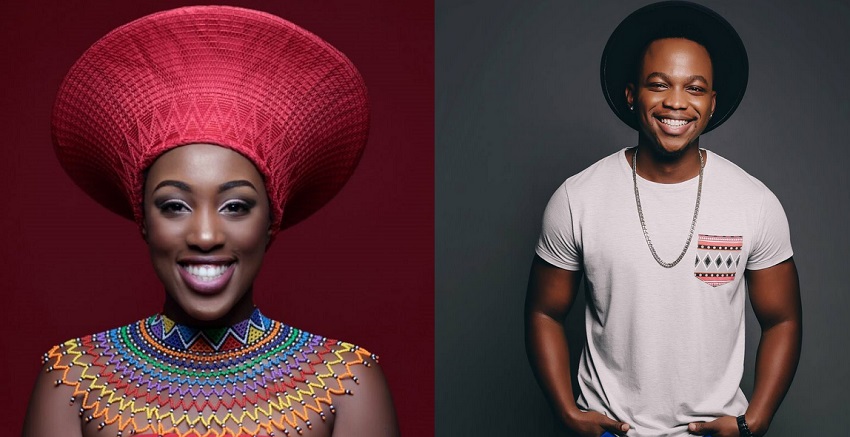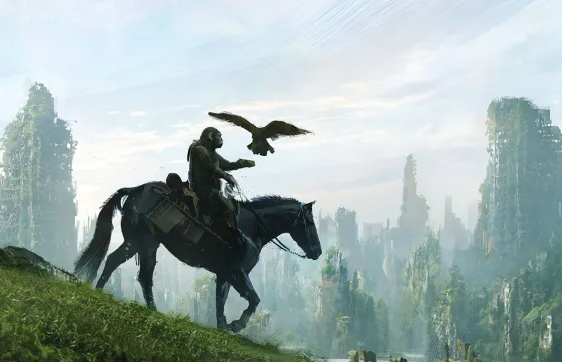All of them are gifted, passionate and committed to their musical journey. They dazzled the audience at their debut performance, featuring the Safaricom choir on 12th October 2014.Since then, they've performed at various concerts and continue to perfect skills offered by the Telco's music teachers.
Safaricom rolled out this social initiative because they recognized the importance of music as a tool for youth development.
- Learning an instrument teaches a child how to create, store and retrieve memories more effectively
- Musical training helps develop language and reasoning: Children who have early musical training will develop the areas of the brain related to language and reasoning.
- It refines discipline and patience-Learning an instrument teaches children about delayed gratification.
- Music Lessons offer a forum where kids can learn to accept and give constructive criticism. Turning negative feedback into positive change helps build self-confidence
We caught up with a soon-to-be alumnus of class of 2020. He let us in on how they joined the orchestra, what the lessons were like, their future in music and everything in between
KB: Please introduce yourself.
SM: My name is Simon Mungai Wambui. I completed High School in 2019 and I am currently waiting to join the University of Nairobi to pursue my Medical degree.
KB: That's awesome! How did you find out about the Safaricom Youth Orchestra and what was the audition process like for you?
SM: I started playing music in 2014 when I was in grade 7. I was playing for Ghetto Classics at the time and it's the same year that the Safaricom Youth Orchestra launched. I knew about it from the audition application letters at Ghetto Classics. I filled in a form then took part in auditions. Even though my skills weren't that polished at the time, I was selected to join SYO. I was very excited to be part of two orchestras both SYO and Ghetto classics. The standards very high at SYO and it was a huge transition for me. The practice sessions very tough but I was determined to get better.
KB: What did you specialize in when you joined the Youth Orchestra?
SM: I play the trombone and I love it because it is unique. I chose it because I like that when you play it, you have the hand slide unlike the other brass instruments which have valves.
KB: Describe a typical day training under the guidance of your music teachers before COVID- 19?
SM: We used to meet on Saturdays for SYO and the practice would start at noon where we go for sectionals (training sessions that grouped according to the instrument that each one plays). We have our repertoire (the music we'll perform at the final concert as an orchestra). With the tutor, we used to start with some warm up training on scales then we'd practice the repertoire for about an hour and a half. We would then break for lunch. Later in the afternoon, We'd go for tutti together.
KB: Sounds exciting! And how did the online lessons differ from the one on one lessons?
SM: The online classes were cool but I missed interacting with my orchestra mates and getting on the spot assistance from my tutor.
KB: Where have you and the other youngsters performed since joining the orchestra?
SM: I have performed at all the Safaricom Jazz Festivals so far. In 2015, I also was among those selected to play for Pope Francis during his visit to Kenya under Ghetto Classics. In January 2020 a select team of SYO were selected to represent the Kenyan musicians at the Youth Olympics in Switzerland. I was part of this SYO group.
KB: Wow, that's impressive. How do you prepare for an audition? Any tips to calm nerves?
SM: Auditions are held once players graduate. (SYO Graduation will take place on Saturday June 27, 2020). I would advise players to have their music and instrument well rehearsed and from the directions during the auditions they will be testing techniques and what you can deliver.
KB: Who do you look up to in the music industry. Past or present
SM: Locally, I admire my trombone teacher - Jason Rae, he is the craziest trombone player I have seen around and I get inspiration from seeing someone play the instrument that well.Internationally, I admire Jason Alessi who is an American trombone player.
KB: Where would you love to perform in the future?
SM: I am happy to perform anywhere in the world!
KB: Is music something you'd like to pursue in the long run?
SM:I will not be pursuing music professionally but I will keep practicing my trombone and be a Doctor who can also play an instrument well. A different kind of doctor.
KB: If a kid came up to you and wanted to join the orchestra, what advice would you give them?
SM: My advice to them is to practice very consistently. Even when you audition and join the orchestra, keep practicing at the same level to make sure you improve.
KB: Parting shot:
SM: I am the principal trombone player at both SYO and Ghetto Classics. As a leader I also need to make sure my colleagues are practicing and making sure my section (wind and trombone) are playing very well. I have grown since joining SYO to ensure I step up my level of playing the trombone and this is through consistent practice. Music gives me focus and determination to succeed in life and this is a principle I apply in life. You also need discipline as when you play the tutti, you need to be focused and watching the conductor. Music has instilled a lot of principles which make me proud.




